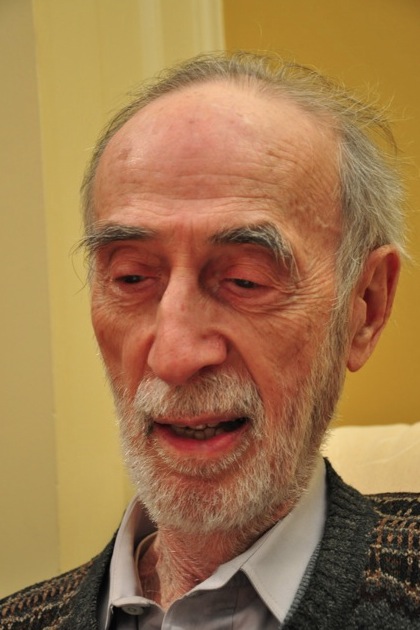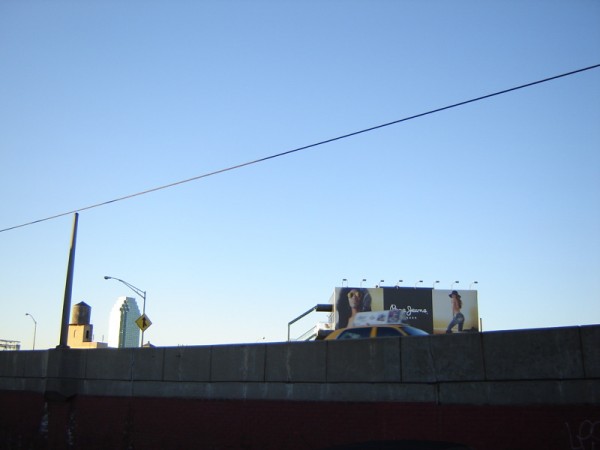
Revelers toast at One Stop Beer Shop. Photo by Benjamin Lozovsky
The baby boomers had their revolution—civil rights, women’s rights, anti-war, anti-poverty—and now their children are having their own: the craft beer revolution. Thank God, because for a while there, everybody was worried that kids born after 1975 were becoming permanent slackers.

 By Phil DePaolo
By Phil DePaolo

